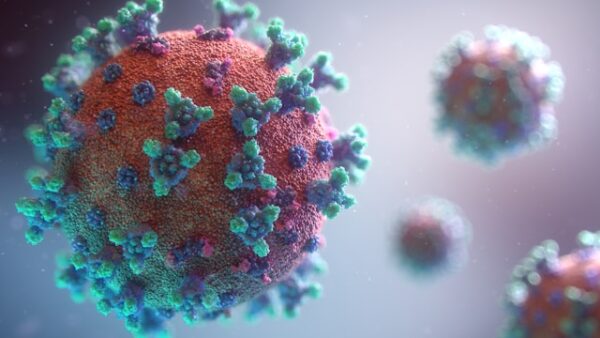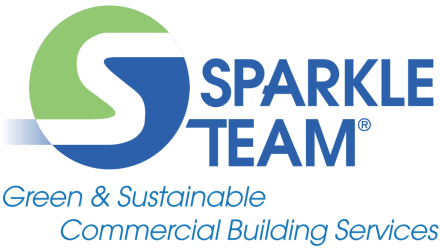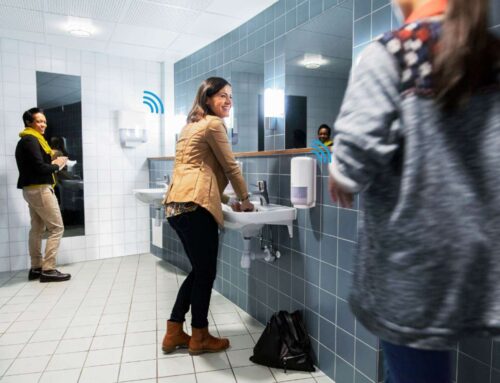Protect your Building from B.1.1.7
The new, dangerous strain of COVID-19

A new year brings hope for fresh beginnings. Amid a global pandemic, however, 2021 is already posing new challenges — most of all the discovery of a new strain of COVID-19, called B.1.1.7. What is this new variant, and how will it change our ongoing battle against the global outbreak? We break down the facts, and what measures remain effective against this new strain.
What is B.1.1.7?
The B.1.1.7 strain is a new, more highly transmissible variant of the original SARS-CoV-2 virus, which was first reported in the United Kingdom last December. Scientists theorize that B.1.1.7 coronaviruses are more contagious due to mutations that refined the spike proteins to latch more tightly onto human cells. This makes the strain likely to spread faster and infect more people.
How will B.1.1.7 affect us?
The CDC (Centers for Disease Control) projects rapid growth of B.1.1.7 transmissions in early 2021, becoming the predominant variant by March. The B.1.1.7 variant has spread already to over 30 countries, including the United States. So far, over a third of the reported cases stateside have appeared in Florida. Current cases also suggest the new strain carries the same health risks as the original virus.
How do I protect against the new strain?
Early evidence suggests people infected with the new strain carry more of the virus in their noses and throat. As such, they are more likely to expel the virus into the air and onto surfaces when they breathe, talk, cough or sneeze.
Fortunately, the new mutation has not made it immune to the same preventative measures applied to the original SARS-CoV-2 virus. The B.1.1.7 strain still transmits through the dispersion of fine moisture droplets. The same strategies will continue to be effective (and essential) at reducing the spread. This includes wearing a face mask, washing hands, and social distancing.
Our current disinfection protocols at SparkleTeam will also remain effective against B.1.1.7. We use only List N disinfectants — a category of products approved by the Environmental Protection Agency (EPA) to kill SARS-CoV-2. The EPA recently confirmed these disinfectants will also prove effective against the new strain, as genetic mutations of the virus do not change the efficacy of List N disinfectants. We also provide electrostatic disinfectant spraying, which combines technology with the application of an appropriate List N disinfectant, to distribute more thoroughly and efficiently, providing 360-degree coverage.




